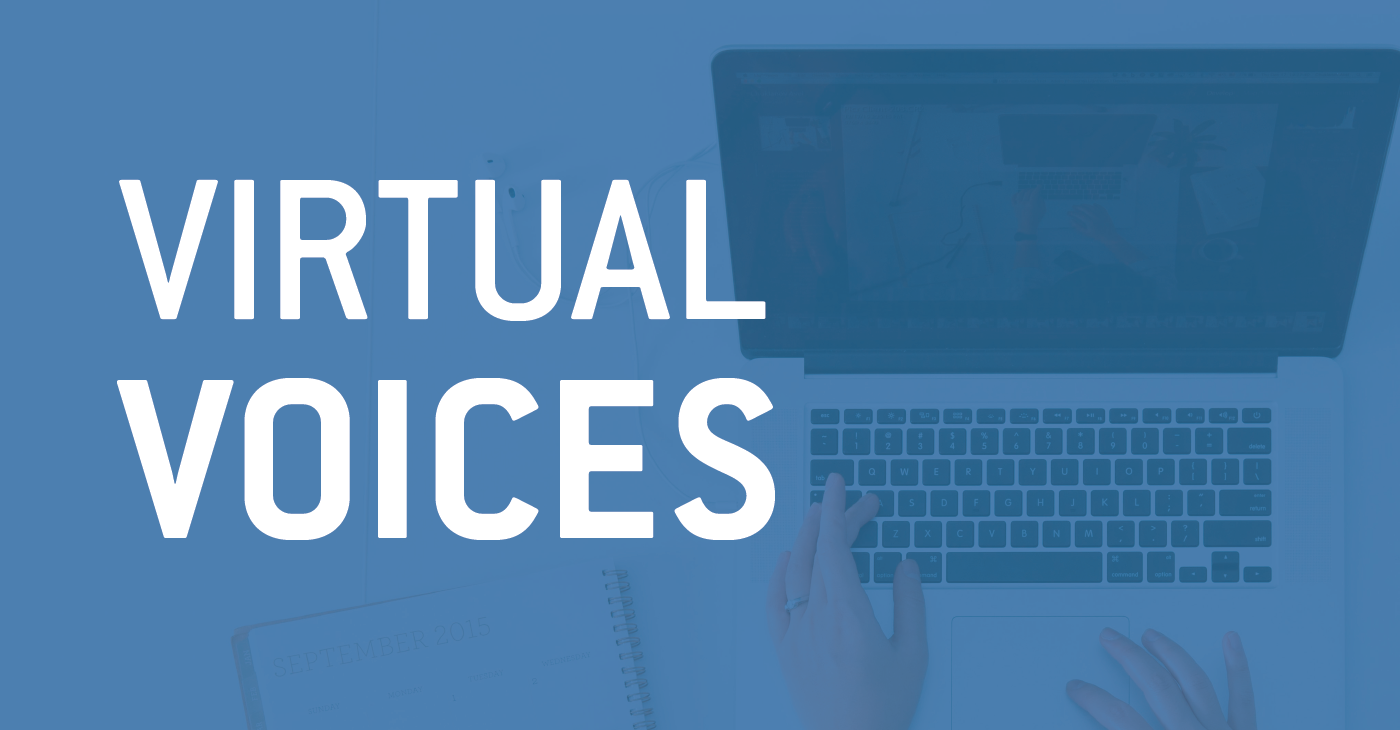Inequities aren’t new, but they have been magnified during COVID-19. In last week’s Virtual Voices, we heard from leaders in our community on the systemic barriers that have created inequities and negatively impacted our communities of color.
Virtual Voices aims to keep alums informed and engaged as our community works through this challenging time. Each virtual meeting brings together leaders on the front lines of impacted industries to share their knowledge, perspectives and leadership lessons.
Denise Maes, public policy director of the ACLU, Carlos Martinez, CEO of the Latino Community Foundation of Colorado, Dr. Darlene Sampson, equity coordinator with the Western Educational Equity Assistance Center, and Dr. Reggie Washington, chief medical officer at HealthONE, shared their insights with our alums on the disparities of this pandemic.
Check out our key takeaways and the video of the webinar below.
Awareness of systemic barriers. COVID-19 isn’t racist, but it reveals a history of racism. It’s highlighting generations of systemic barriers that have created disparities in our society from health care to housing to education. This virus has been a wakeup call on these barriers, and we can’t press snooze any longer. We need to talk about the barriers and work together to address them.
Quarantine is a privilege. Not everyone is able to stay at home during this pandemic, and when you have to go into work, you’re increasing your risk. The structure and systems in place don’t factor in people of color or lower-income populations. “Essential workers” is coded language for people of color – 86 percent of people who can’t work from home are people of color. We need to protect our essential workers and make sure they’re receiving the health care, safety and support they need. We also need to assess the definition of essential worker and how we can protect these workers as a society.
Importance of education. We’ve watched how this virus has impacted our nation, and we’ve listened to the experts and taken the necessary steps to address it. We need to treat racism the same. Educate yourself on the issues, listen to the experts and those impacted by racism, and ask how you can help. Education is critical for our society to reflect on the lessons learned and start to address the inequities.
The need for empathy. Empathy is critical to develop systems and policy to create real change. If we don’t lead with empathy, then we aren’t listening to the communities impacted most by systemic barriers. Listen to the community and bring them into the conversation to start to rebuild trust. At the end of the day, data and statistics won’t change behavior – empathy will.
Build awareness and act. Build your understanding, share your knowledge with your networks and act on it. We need to act and continue the conversations in the workplace, in your family and in our community.
Additional resources from our speakers:
- ACLU Colorado
- Harvard’s Implicit Bias Assessment
- Project Implicit: Implicit Association Test
- Racial Equity Tools: How to be Strong White Allies
- Read How to Be an Antiracist by Ibram X. Kendi
- Scaffolded Anti-Racist Resources
- Western Educational Equity Assistance Center: Overview of Equity in K-12 Education
Join us for an upcoming Virtual Voices. Check out our upcoming programs.

